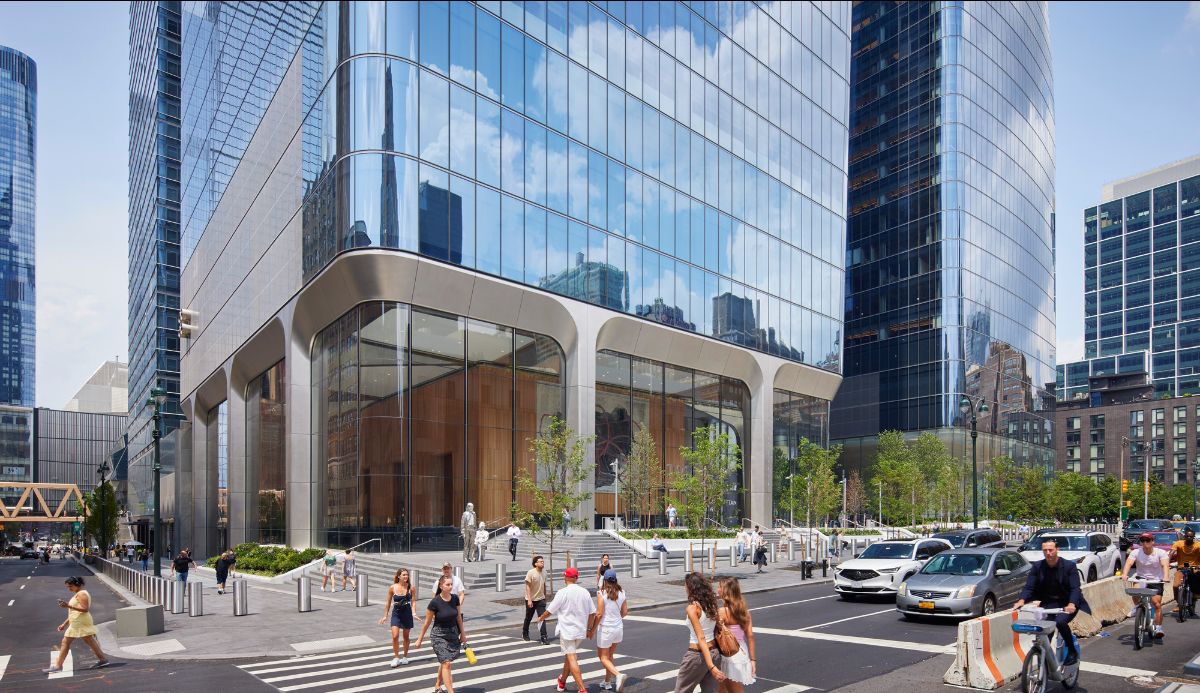Xi Jinping is set at this week’s 20th National Congress of the Chinese Communist party to be reappointed to a third term as leader. The expected reaffirmation is a watershed moment politically, militarily and economically for the world’s emerging superpower.
Politically, the congress will end a two-decade period defined by predictable transitions from one leader to another after two terms in office. Xi’s expected reaffirmation, enabled by his scrapping of the two-term limit in 2018, means that he continues not only as leader but also as head of the Central Military Commission, controlling the armed forces. His reappointment to the presidency, a more ceremonial role, is likely to follow in March.
A measure of Xi’s dominance is shown by the fact that relatively little attention has focused on the many personnel changes due at the congress. A new central committee, comprising about 200 full members and 170 alternates, a 25-member Politburo and a seven-person Politburo Standing Committee are all due to be unveiled.
But the congress’s importance is defined by its endorsement of policies reshaping China and its posture towards the world. The most important of these is what Merics, a think-tank, calls the “securitisation of everything”. Xi’s “comprehensive national security” concept now comprises no fewer than 16 different fields including politics, the economy, culture, technology, space, and overseas interests.
In his speech to the congress on Sunday, Xi warned of “grave international developments” not seen in the past 100 years. China’s most powerful leader since Mao Zedong also inveighed against the “bullying” of foreign powers and reiterated his commitment to taking control of Taiwan, potentially by military force.
It is this threat mentality that dominates Xi’s world view. A national security strategy for 2021 to 2025 — which was adopted in late 2021 but has not been made public — seeks to galvanise party and state bodies to combat all internal and external threats to China’s expanding security sphere.
New rules and mass movements are in prospect as Beijing builds a “fortress China” able to withstand what it sees as the efforts of the US-led west to hobble its progress. One recent example has been orders to farmers to grow more staple crops to boost food security.
Beijing is justified in viewing recent US actions as adversarial. The White House laid out a national security strategy last week, aimed partly at checking an ascendant China. New restrictions this month ban the export to China of US semiconductor equipment that cannot be provided by any foreign competitor. They also impose licence requirements on exports to China-based plants that make advanced chips.
If, however, Beijing’s response is to hunker down and throw a security straitjacket over its economy and people, it risks smothering the entrepreneurial spirit that has driven the country’s remarkable economic transformation over the past three decades.
Already, a structural slowdown has prompted the World Bank to predict that this year China’s GDP growth rate will lag behind the rest of Asia for the first time since 1990. Much of this slowdown is the result of a necessary property-market rationalisation. But it is also the case that Beijing’s emphasis on state-ownership and administrative control is stilling entrepreneurship.
China should remember that building a fortress economy led by officials who perceive threats everywhere is what characterised its privations under Mao. The west should recognise that if China sputters, the world will lose its most powerful source of economic growth.















